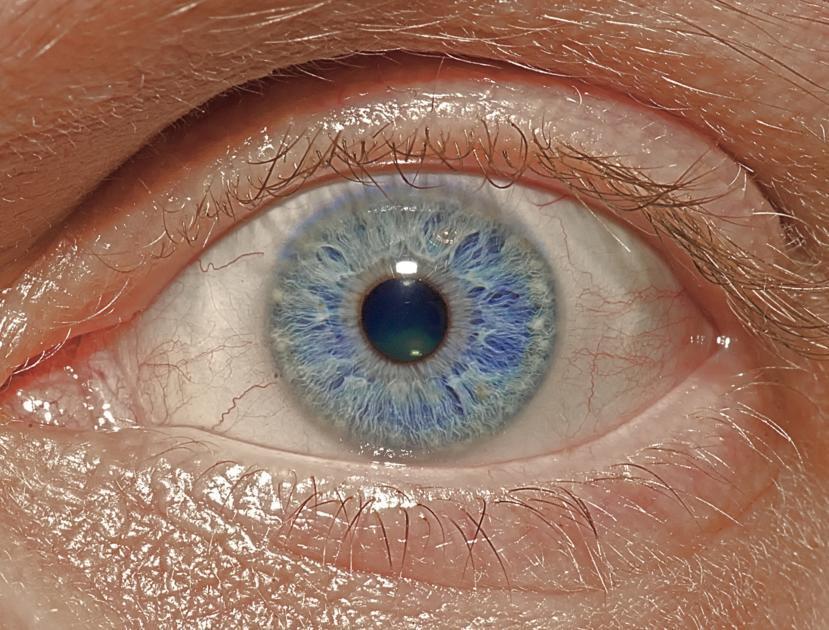What are the Advantages and Disadvantages of LASIK Eye Surgery?

LASIK, or laser in situ keratomileusis, is a very popular surgical procedure to correct and improve vision, and reduces an individual's dependence on contact lenses and glasses. It is a very common refractive surgical procedure to correct different types of vision issues, including nearsightedness, farsightedness, and astigmatism. In this procedure, the cornea, which is the white part of the eye, is reshaped to focus the light entering the eye on to the retina. This will help to prevent the light from falling in front or behind the retina, which causes conditions that lead to vision problems. LASIK surgery helps to create sharper images and better vision.
This surgical procedure provides a number of valuable benefits:
- It provides clear vision for about 90% of the patients undergoing this procedure. For many others, it helps to enhance their vision. High range vision problems can also be corrected with this method.
- The procedure takes less than half an hour, and the person can have sharper vision within a day or two of the procedure.
- This is a painless procedure and the healing time is also short. Bandages or any other post-surgical accessories are generally not required after the surgery.
- Most patients can abandon their contact lenses or vision glasses after LASIK. Few others will have less dependence on these after the procedure.
There are some risks and disadvantages to LASIK:
- Because the procedure is done on one of the most sensitive parts of the eye, the changes are irreversible.
- In some rare cases, vision might be affected as flap is cut.
- There might be dependency on glasses and contact lenses even after the procedure.
- For some individuals, additional procedures might be required to enhance vision.
LASIK may also lead to some side effects, such as:
- Haloes around images.
- Difficulty driving at night.
- Fluctuating vision.
- Dry eyes.
Most of the side effects of this procedure are temporary. The eyes might be dry after the surgery, and eye drops are usually recommended to prevent infection and inflammation. In most cases, healing is very fast.












